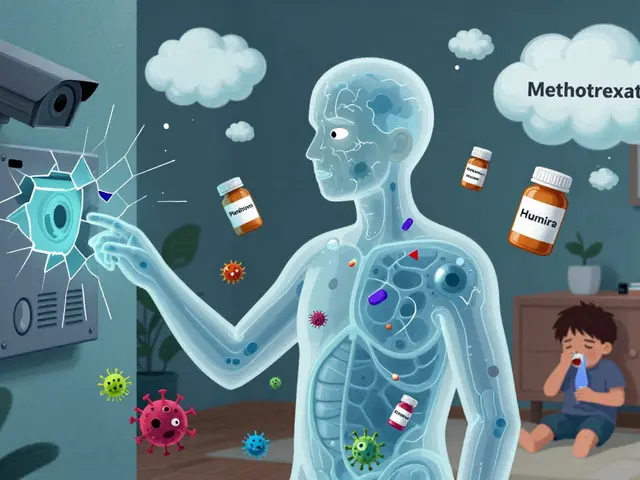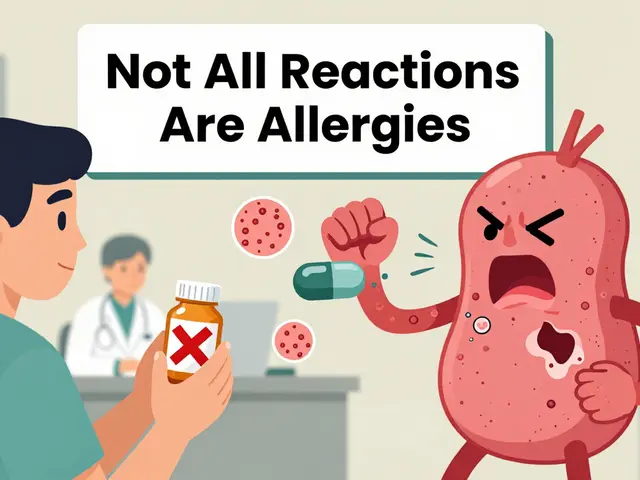Antioxidants: What They Are and Why They Matter
Ever wonder why some foods make you feel more alive? The secret often lies in antioxidants. These tiny compounds help your body neutralize free radicals – unstable molecules that can damage cells and speed up aging. By keeping free radicals in check, antioxidants protect your heart, brain, and immune system.
Most people think antioxidants are only for seniors or athletes, but the truth is anyone can benefit. Adding a few antioxidant‑rich foods to your meals can lift your mood, sharpen focus, and reduce the chance of chronic disease. The good news? You don’t need pricey supplements to get started – everyday kitchen staples do the trick.
Common Sources of Antioxidants
Fruits and veggies top the antioxidant list. Berries – especially blueberries, strawberries, and raspberries – pack a powerful punch. Dark leafy greens like spinach and kale, as well as cruciferous veg such as broccoli, also deliver a solid dose.
Don’t forget about nuts and seeds. A handful of almonds, walnuts, or sunflower seeds adds healthy fats and antioxidant minerals like vitamin E. Whole grains, especially quinoa and oats, contain compounds that help fight oxidative stress.
Spices are hidden gems. Turmeric, cinnamon, and ginger have been used for centuries because of their anti‑inflammatory and antioxidant properties. Even a pinch in your coffee or soup can boost your intake without extra calories.
How Antioxidants Support Your Health
When you eat antioxidant‑rich foods, your body gets a boost in the enzymes that mop up free radicals. This reduces inflammation, which is a major factor behind heart disease, arthritis, and many metabolic problems.
Research shows that a diet high in antioxidants can improve blood vessel function, lower bad cholesterol, and keep blood pressure in check. In practical terms, that means a lower risk of a heart attack or stroke.
Brain health also gets a lift. Antioxidants protect neurons from oxidative damage, which is linked to memory loss and neuro‑degenerative diseases. Regular consumption of berries, for example, has been tied to sharper recall and quicker thinking.
If you’re an active person, antioxidants help recovery. After a tough workout, free radicals spike. Eating a banana with a sprinkle of cinnamon or drinking green tea can speed up repair and lessen muscle soreness.
Want quick ways to up your antioxidant game? Start your day with a smoothie that mixes frozen berries, spinach, a spoonful of almond butter, and a dash of turmeric. For snacks, reach for a small trail mix of nuts, seeds, and dried fruit instead of processed chips.
When cooking, use methods that preserve nutrients – steam veggies briefly, roast them with a drizzle of olive oil, or enjoy them raw in salads. Over‑cooking can destroy some antioxidants, so keep an eye on time and temperature.
Supplements can fill gaps, but they’re not a substitute for whole foods. If you choose a pill, look for a product that lists natural extracts and avoids synthetic fillers. Always check with a healthcare professional before adding any new supplement to your routine.
Bottom line: antioxidants are simple, affordable tools for better health. By swapping a few processed items for fresh fruits, veggies, nuts, and spices, you give your body the defense it needs to stay strong and energetic every day.


